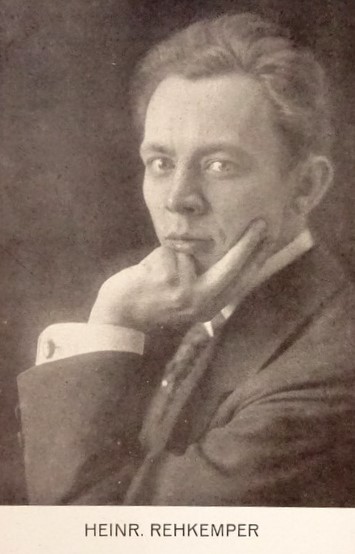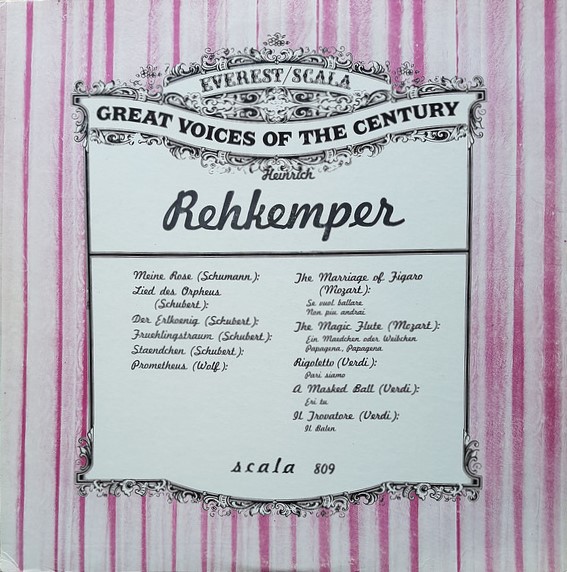Episode 349. Gavin Carr Introduces Heinrich Rehkemper
SOCIAL SHARE
SUBSCRIPTION PLATFORM
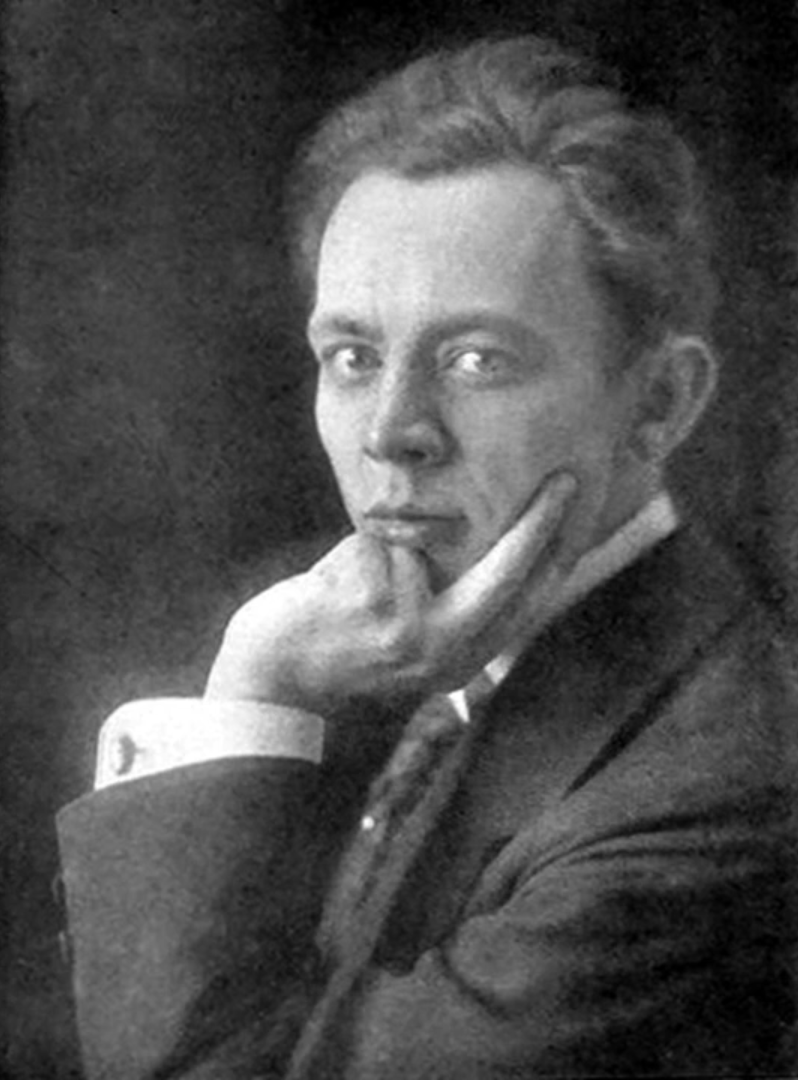
This month’s series of Listeners’ Favorites continues with the baritone Heinrich Rehkemper (1894-1949), presented to you today by my dear friend, the esteemed conductor Gavin Carr, who is the very person that first introduced him to me many years ago now. Rehkemper is one of a number of exceptional German baritones of that era who represent a very different kind of singing than we are accustomed to today: full-throated voices with an even scale from top to bottom managed with no technical gimmickry or phoniness. Rehkemper brought these traits to whatever music he was singing, whether opera, oratorio, or Lied. He left a small but important cache of discs, including many Lieder recordings, particularly of Franz Schubert. He also made the first complete recording in 1928 of Gustav Mahler’s Kindertotenlieder under the baton of none other than the great Mahler conductor Jascha Horenstein. I place Rehkemper in the context of the other significant German baritones of his era, Heinrich Schlusnus, Willi Domgraf-Fassbaender, Karl Schmitt-Walter, and Gerhard Hüsch, playing examples of each singing the aria of Di Luna from Verdi’s Der Troubadour, each sung in German translation. But it is first and foremost the unique legacy of Rehkemper’s art song recordings that concerns me here, and I discuss what makes his work so important, and what today’s singers can learn through close study of his recordings. My dear friends, just because the name of today’s baritone might not be familiar to you, Gavin and I both implore you not to hesitate in partaking of the vocal and musical riches to be discovered in this episode!

RECORDINGS HEARD IN THIS EPISODE
George Frideric Handel: For behold, darkness shall cover the earth (Messiah). Gavin Carr, William Boughton, English Symphony Orchestra [2003]

Paul Carr: Father, into Thy hands I commend my spirit (Seven Last Words from the Cross). Gavin Carr, Chorus Angelorum, Bath Philharmonia [2013]
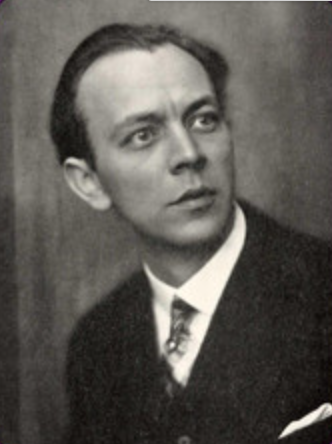
Franz Schubert, Friedrich Rückert: Sei mir gegrüßt, D.741. Henrich Rehkemper, Manfred Gurlitt [1928]
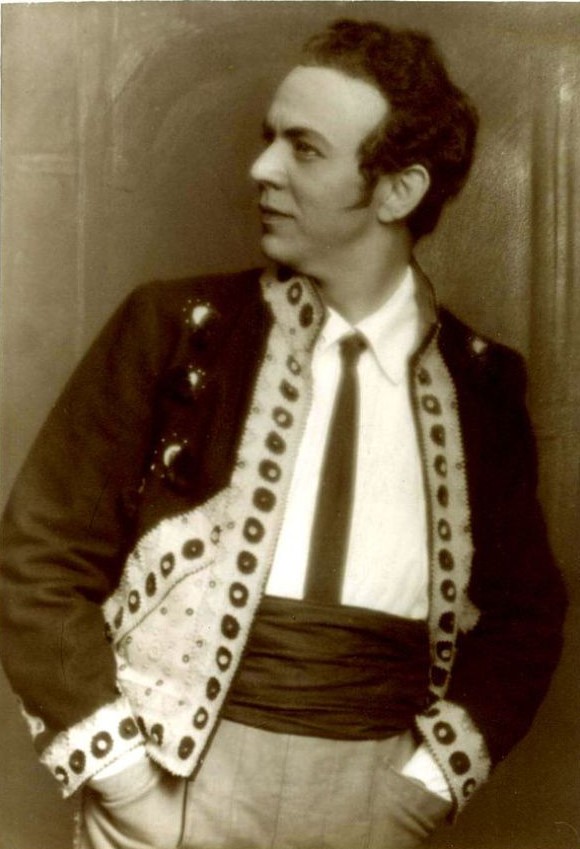
Gioacchino Rossini, Cesare Sterbini: Ich bin das Faktotum [Largo al factotum] (Der Barbier von Sevilla). Henrich Rehkemper [1923]
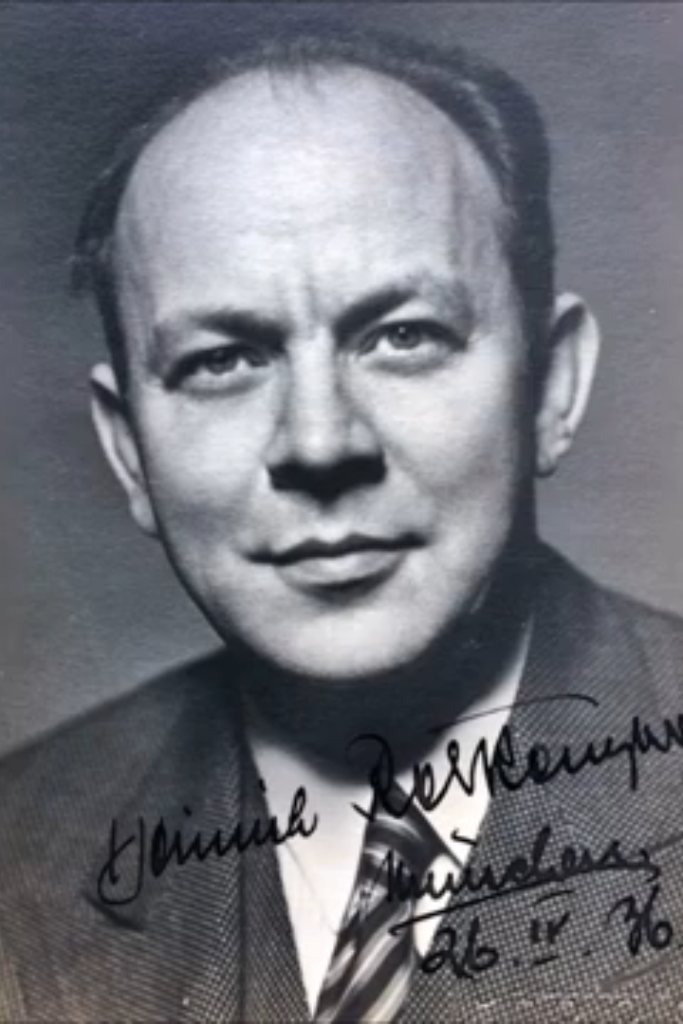
Wolfgang Amadeus Mozart, Lorenzo da Ponte: Will der Herr Graf [Se vuol ballare] (Figaros Hochzeit). Heinrich Rehkemper, Julius Prüwer, Orchester der Staatsoper Berlin [1929]
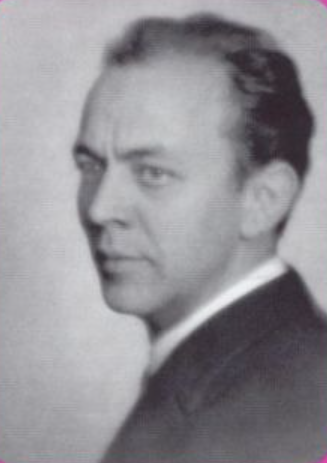
Wolfgang Amadeus Mozart, Emanuel Schikaneder: Papagena! Papagena! (Die Zaberflöte). Heinrich Rehkemper, Manfred Gurlitt, Orchester der Staatsoper Berlin [1928]
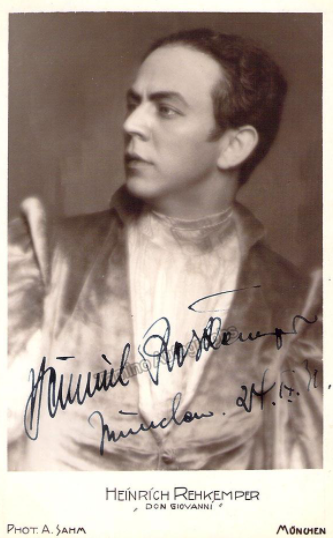
Wolfgang Amadeus Mozart, Lorenzo da Ponte: Horch auf der Klang der Zither [Deh, vieni alla finestra] (Don Juan). Heinrich Rehkemper [1923]
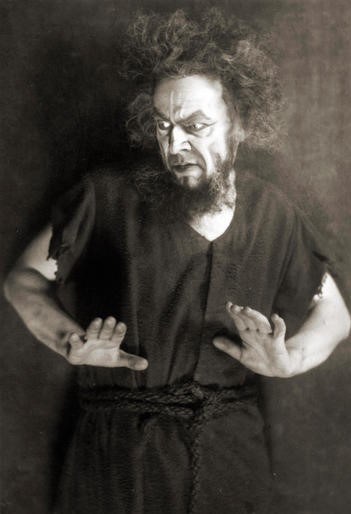
Richard Wagner: Des eignes sündigen Blutes Gewell (Parsifal). Heinrich Rehkemper [1923]
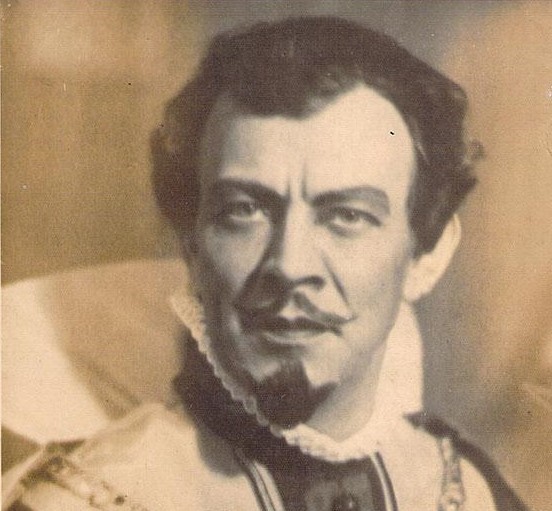
Giuseppe Verdi, Salvatore Cammarano: Ihres Auges himmlisch Strahlen [Il balen del suo sorriso] (Der Troubadour). Five versions: (a) Heinrich Rehkemper [1923]
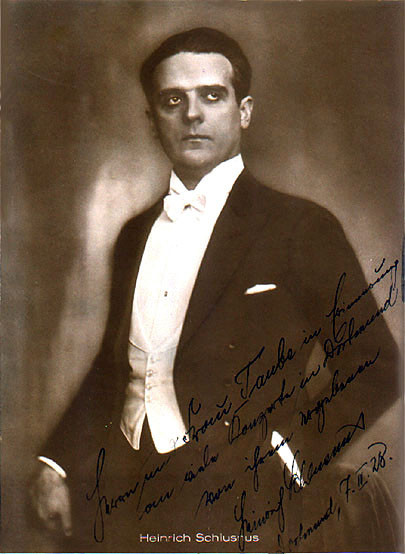
Heinrich Schlusnus, Julius Prüwer, Orchester der Staatsoper Berlin [1928]
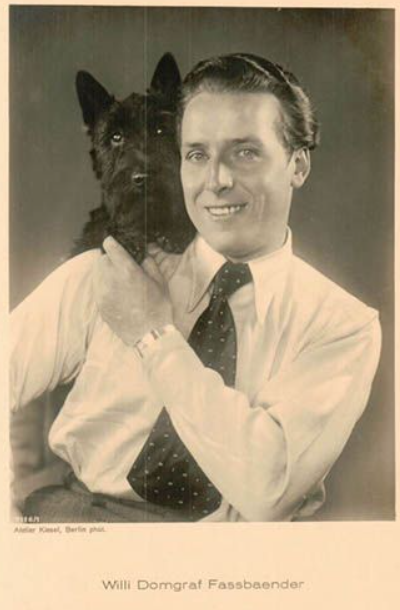
Willi Domgraf-Fassbaender, Fritz Zweig, Berliner Funk-Orchester [1931]
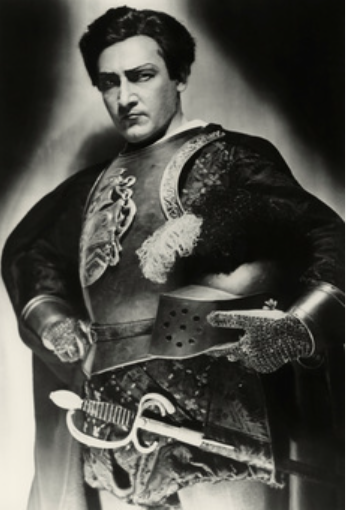
Karl Schmitt-Walter, Artur Rother, Orchester der Staatsoper Berlin [1942]
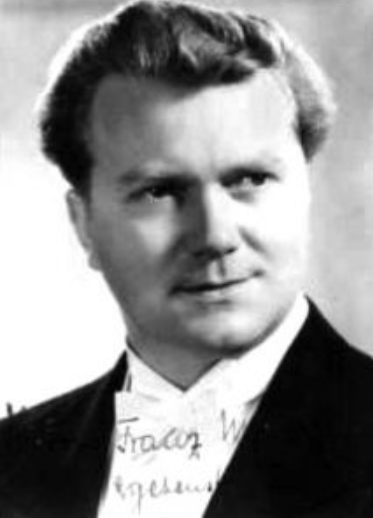
Gerhard Hüsch, Staatskapelle Berlin [1935]
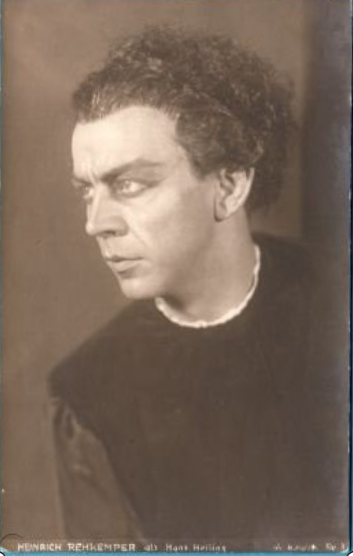
Felix Mendelssohn: Es ist genug! (Elias). Heinrich Rehkemper, Manfred Gurlitt, Orchester der Staatsoper Berlin [1928]
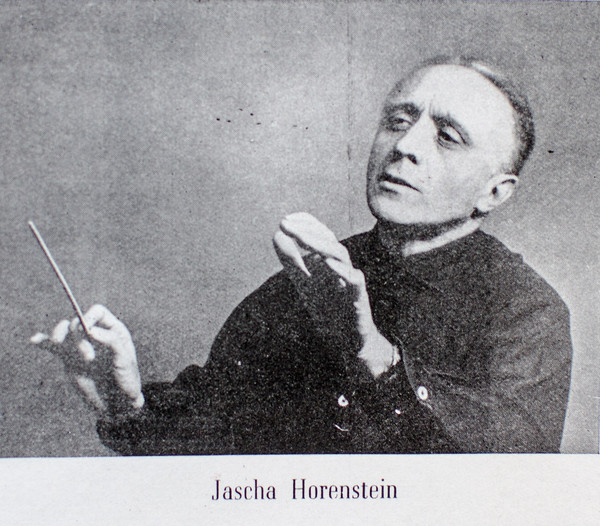
Gustav Mahler, Friedrich Rückert: Nun seh’ ich wohl; Wenn dein Mütterlein (Kindertotenlieder). Heinrich Rehkemper, Jascha Horenstein, Orchester der Staatsoper Berlin [1928]
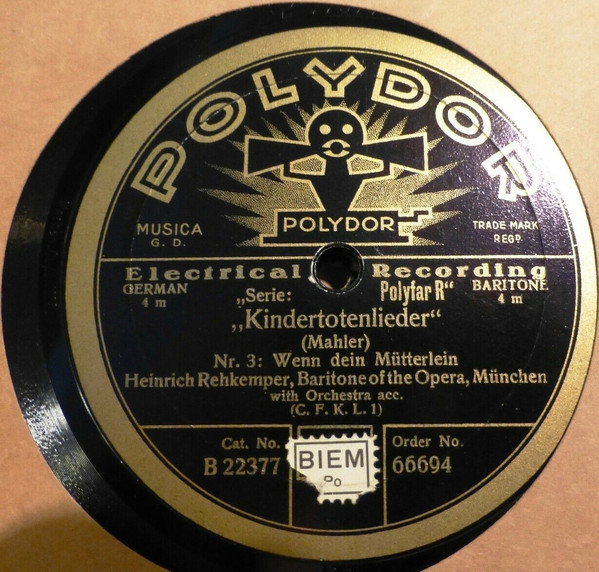

Franz Schubert, Johann Georg Jacobi: Lied des Orpheus, als er in die Hölle ging, D.474. Heinrich Rehkemper. Waldemar Liachowsky [1925]
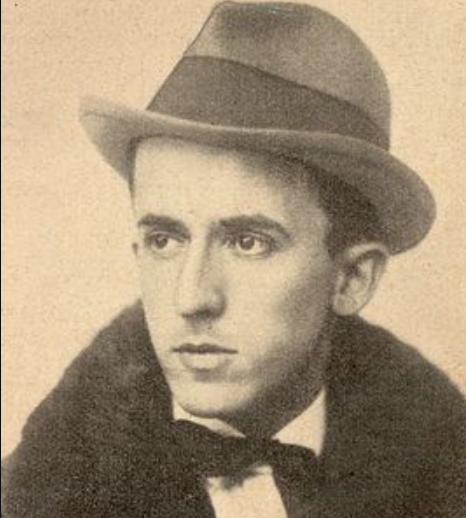
Franz Schubert, Franz von Schober: Am Bach im Frühling, D361. Heinrich Rehkemper, Manfred Gurlitt [1928]
A fascinating article on Manfred Gurlitt, his complicated history and his thwarted legacy can be found at https://forbiddenmusic.org/2013/08/06/manfred-gurlitt.

Franz Schubert, Wilhelm Müller: Eifersucht und Stolz (Die schöne Müllerin), D.795/15. Heinrich Rehkemper, Manfred Gurlitt [1928]
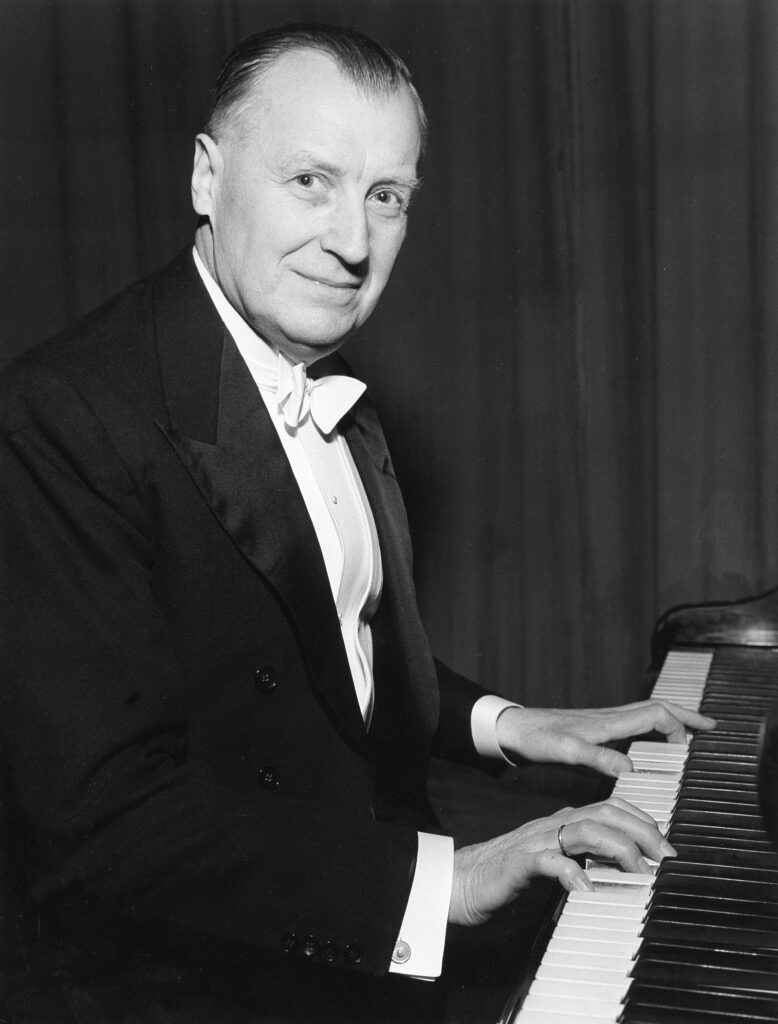
Hugo Wolf: Zwei Mörike-Lieder: Auftrag; Der Feuerreiter. Heinrich Rehkemper, Michael Raucheisen [1929]
Franz Schubert, Heinrich Heine: Der Doppelgänger, D.957/13. Heinrich Rehkemper, Manfred Gurlitt [1928]
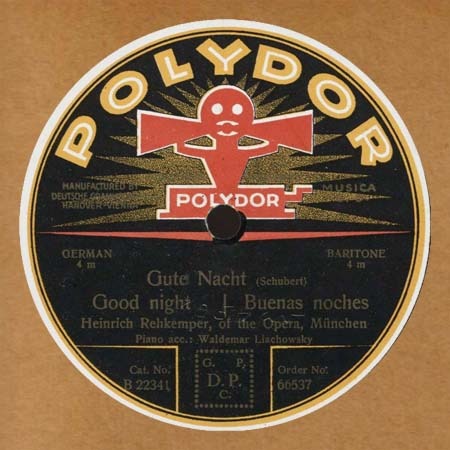
Franz Schubert, Wilhelm Müller: Three Songs from Winterreise, D.911. Heinrich Rehkemper: I. Gute Nacht [with Manfred Gurlitt, 1928]; V. Der Lindenbaum [with Waldemar Liachowsky, 1926]; XXIV. Der Leiermann [with Manfred Gurlitt, 1928]
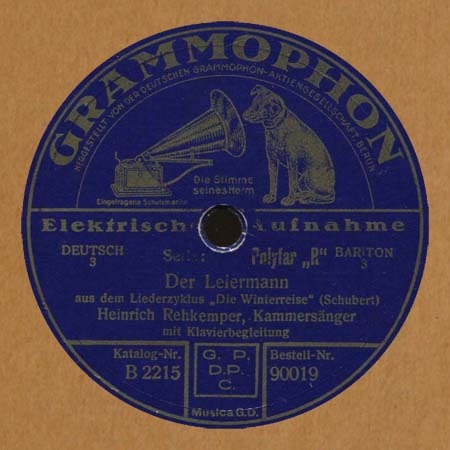
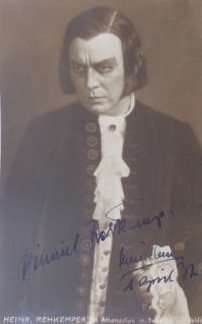
Robert Schumann, Nikolaus Lenau: Meine Rose, Op. 90/2. Heinrich Rehkemper [1924]
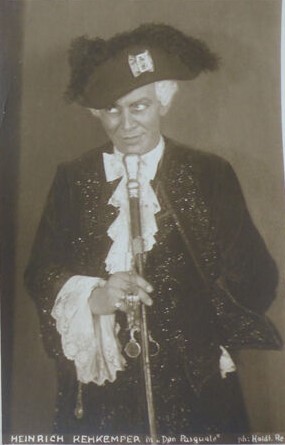
Franz Schubert, Friedrich Klopstock: Das Rosenband, D.280. Heinrich Rehkemper, Manfred Gurlitt [1928]
